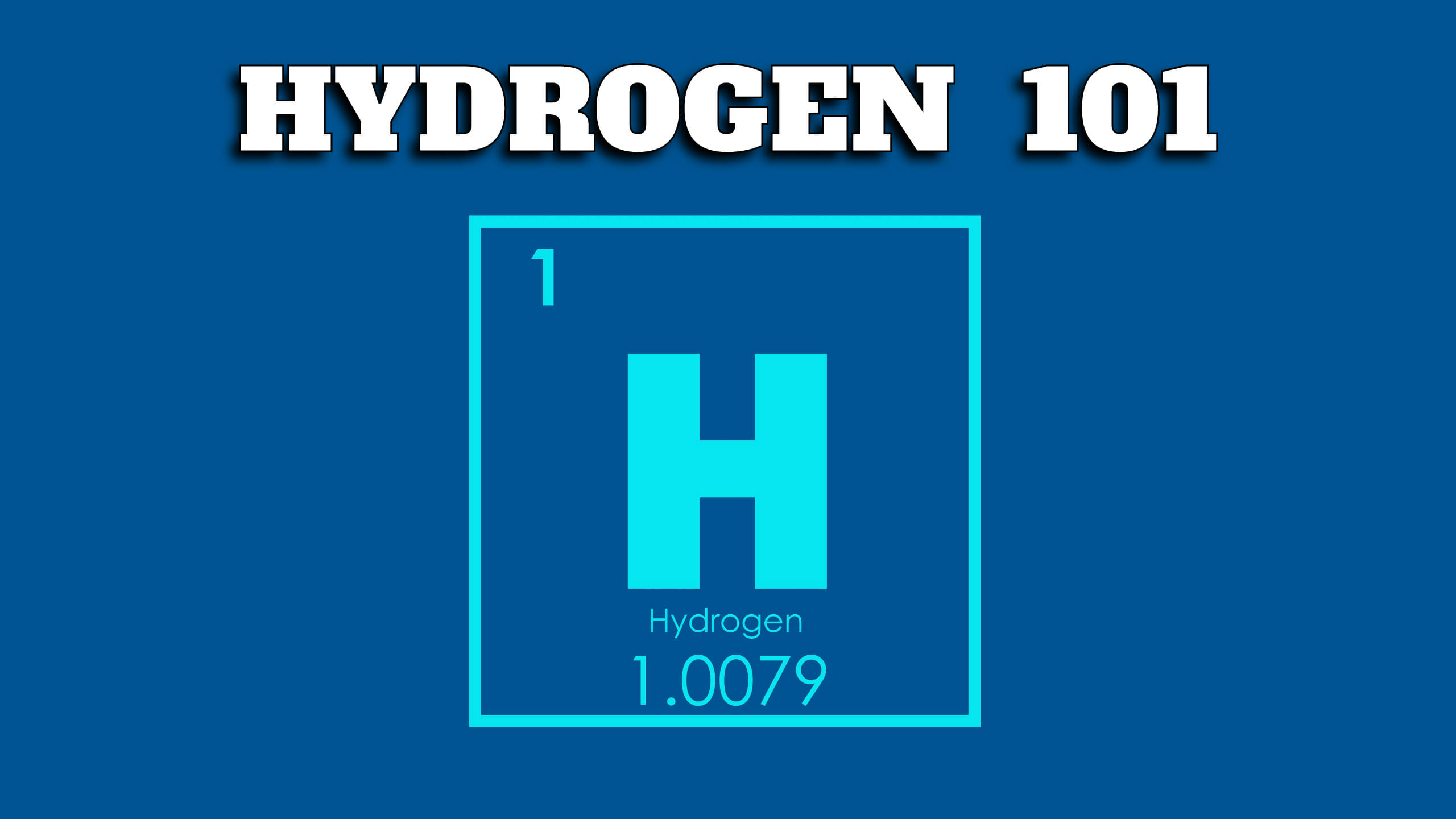Hydrogen has long been seen as a potential clean energy source that could help reduce our reliance on fossil fuels and combat climate change. But what makes hydrogen such a promising option, and what challenges does it face in becoming a mainstream energy source?
One of the key advantages of hydrogen is that it is a clean-burning fuel that produces only water when it is burned. This makes it an attractive alternative to fossil fuels, which produce greenhouse gas emissions when they are burned.
Hydrogen can be produced from a variety of feedstocks, including natural gas, coal, and renewable energy sources like wind and solar. The environmental impact of hydrogen production depends on the feedstock and the production process used. For example, hydrogen produced from natural gas using steam methane reforming has a relatively high carbon footprint, while hydrogen produced from renewable energy sources has a much lower carbon footprint.
Hydrogen can be used in a number of applications, including transportation (fuel cell vehicles), power generation (fuel cell power plants), and industrial processes. In transportation, hydrogen fuel cell vehicles have the potential to be a zero-emission alternative to gasoline-powered vehicles. In power generation, hydrogen can be used in fuel cell power plants to generate electricity with no greenhouse gas emissions. And in industrial processes, hydrogen can be used as a feedstock or a chemical intermediate in the production of a wide range of products.
However, hydrogen also faces a number of challenges in becoming a mainstream energy source. These include the high cost of production and storage, the lack of infrastructure for distribution and refueling, and the technical challenges of using hydrogen in certain applications.
Despite these challenges, hydrogen is being increasingly recognized as a key component of a low-carbon energy future. Many governments and industry stakeholders are investing in research and development to overcome the technical and economic barriers to hydrogen deployment. If these efforts are successful, hydrogen has the potential to play a significant role in the transition to a more sustainable energy mix.




